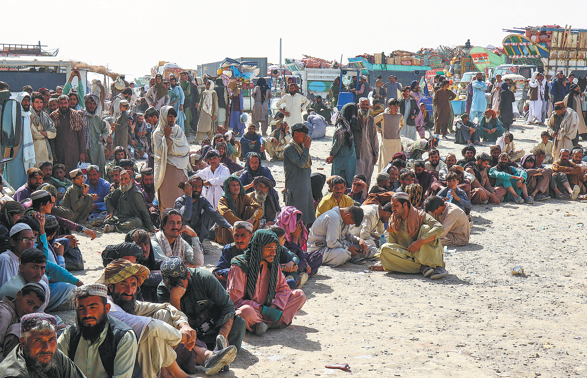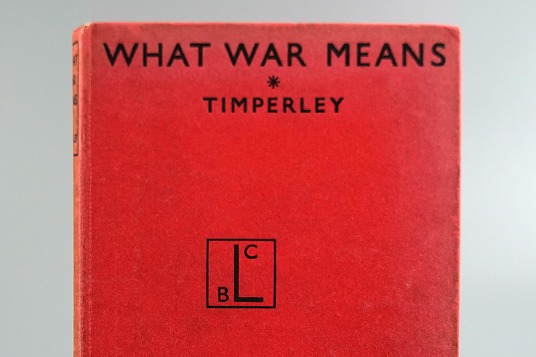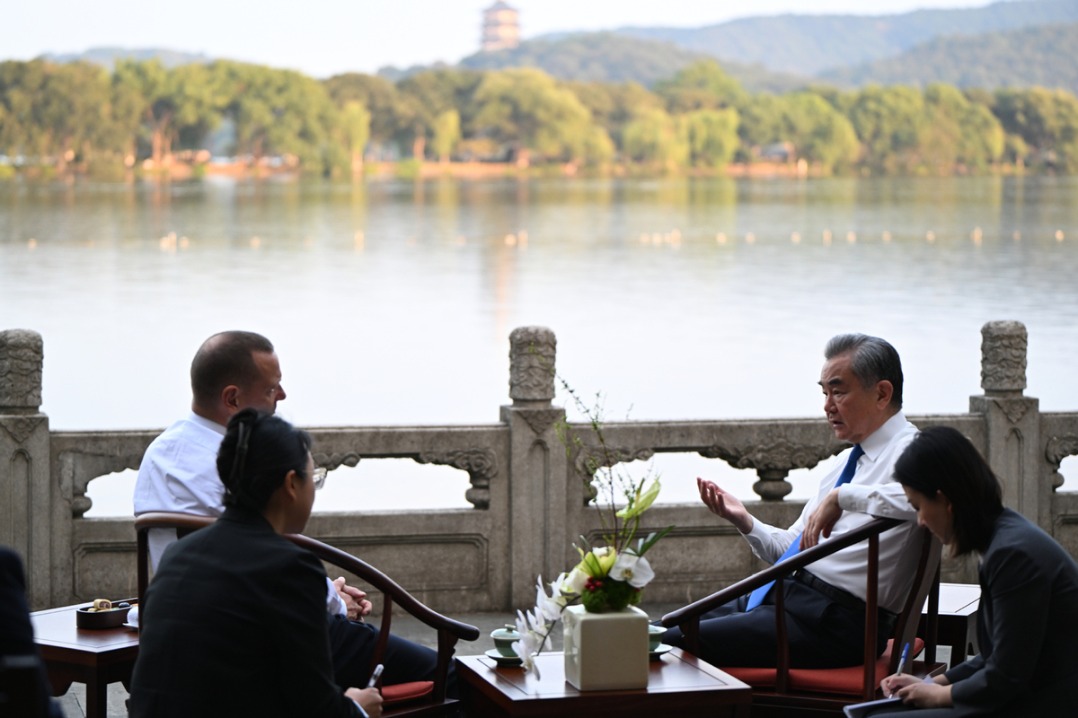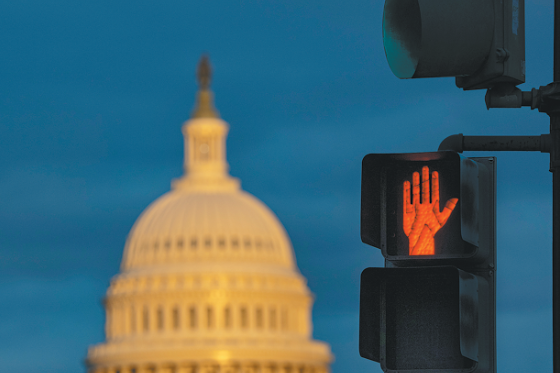Afghanistan, Pakistan agree to ceasefire
Doha talks end days of border clashes as regional powers urge de-escalation


Pakistan and Afghanistan agreed to an immediate ceasefire on Sunday in Doha after a week of border clashes that have killed dozens and wounded hundreds in the worst violence since the Taliban returned to power in Kabul in 2021.
The ceasefire with Afghanistan "has been finalized", Pakistan's Defense Minister Khawaja Muhammad Asif posted on X, saying both sides would meet again on Saturday in Istanbul to discuss "detailed matters".
"Terrorism on Pakistani soil conducted from Afghanistan will immediately stop. Both neighboring countries will respect each other's sovereignty," said Asif, who led a delegation including intelligence chief General Asim Malik.
Kabul's delegation was led by Mullah Muhammad Yaqoob, defense minister of the Afghan interim government, and its intelligence chief, Abdul Haq Wassiq.
The spokesman for the Taliban interim government, Zabihullah Mujahid, said in a statement on Sunday, "Under the terms of the agreement, both sides reaffirm their commitment to peace, mutual respect, and the maintenance of strong and constructive relations."
The talks, mediated by Qatar and Turkiye, led the two sides to reach an agreement on "ending hostilities and establishing mechanisms aimed at fostering lasting peace and stability between the two countries", the Qatari Foreign Ministry said.
Pakistani Deputy Prime Minister and Foreign Minister Mohammad Ishaq Dar welcomed the announcement, calling it a "step in the right direction". He also wrote on social media, "Deeply appreciate the constructive role played by brotherly Qatar and Turkiye."
Regional powers, including Qatar, Saudi Arabia and the United Arab Emirates, have called for de-escalation, as the violence threatens to destabilize a region where the Islamic State and al-Qaida are among the groups trying to resurface.
Security issues are at the heart of the tensions, which have fueled fears of a burgeoning regional conflict. The ground fighting and Pakistani airstrikes across their 2,600-kilometer frontier were triggered after Islamabad demanded that Kabul rein in extremists who had stepped up attacks in Pakistan, saying they operated from havens in Afghanistan.
The Taliban denies sheltering terrorist groups led by the Tehreeke-Taliban Pakistan to attack Pakistan and accuses the Pakistani military of spreading misinformation to undermine its stability and sovereignty. Islamabad also denies the accusations.
'Breathing room'
Michael Kugelman, director of the South Asia Institute at the Wilson Center in Washington, said the ceasefire gave the two sides "more breathing room" to think about what to do next, but the core driver of the crisis remained.
"The Taliban are not addressing Pakistan's concerns about cross-border terrorism," he told The Associated Press. "And they're denying they're even a part of the problem."
The cross-border violence flared on Oct 11, days after explosions rocked Kabul during an unprecedented visit by the Taliban's Foreign Minister Amir Khan Muttaqi to India. The Taliban then launched an offensive along its southern border with Pakistan, prompting Islamabad to vow a strong response. Asif then accused Kabul of acting as "a proxy of India" and "plotting" against Islamabad.
Militants have been waging a war for years inside Pakistan. On Friday, a suicide attack near the border killed seven Pakistani soldiers and wounded 13, security officials said.
"The Afghan regime must rein in the proxies who have sanctuaries in Afghanistan and are using Afghan soil to perpetrate heinous attacks inside Pakistan," the Pakistan Army chief, Field Marshal Asim Munir, said on Saturday, addressing a graduation ceremony of cadets.
Kabul earlier also accused Islamabad of violating a 48-hour truce after the two countries issued separate ceasefire statements on Wednesday. The truce was extended for the Doha talks. Spokesman Mujahid criticized the "repeated crimes of Pakistani forces and the violation of Afghanistan's sovereignty". The attacks targeted civilians, he said.
Pakistan's Information Minister Attaullah Tarar said on Saturday that Pakistan had struck "verified "camps of Islamist militants along the border areas and rejected that the strikes had targeted civilians.
Xinhua and agencies contributed to this story.

































